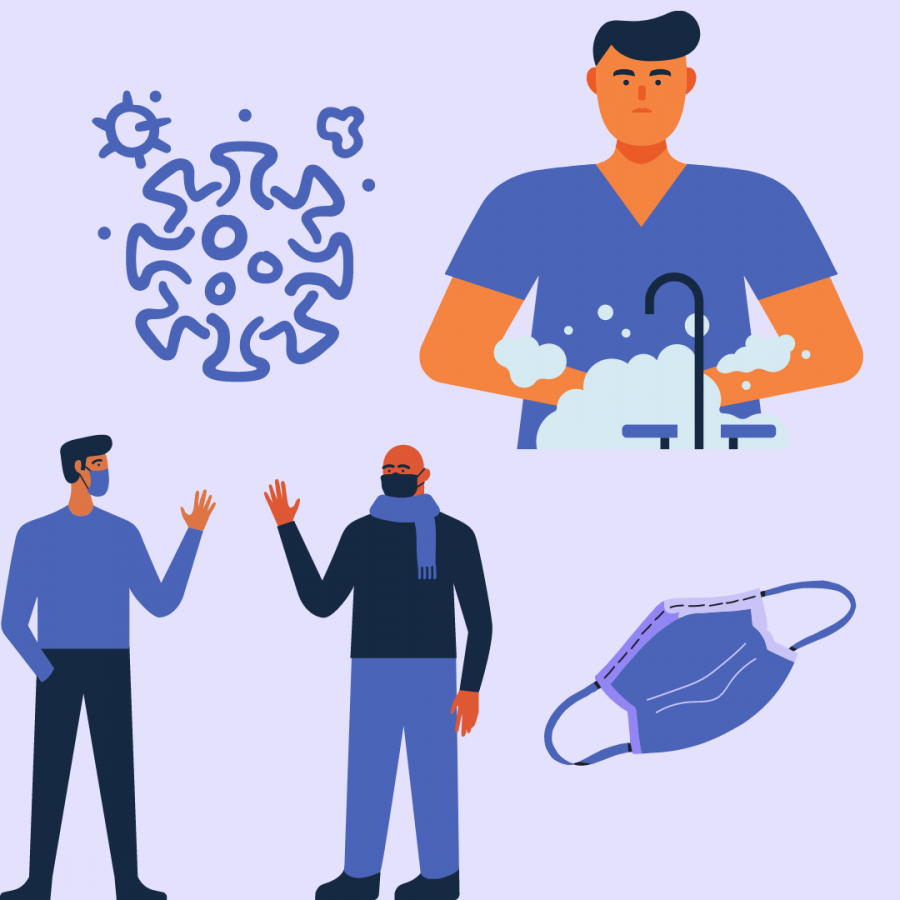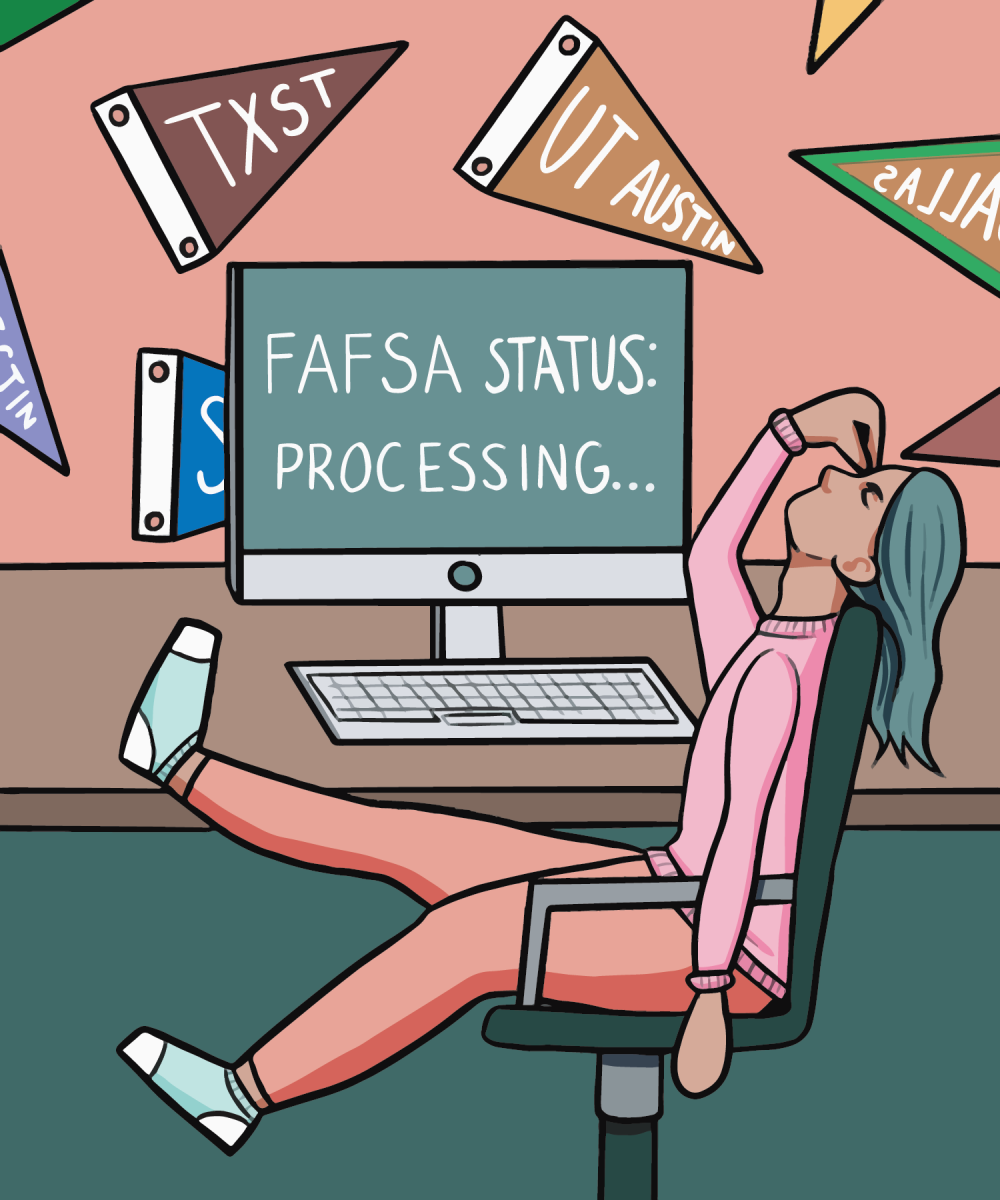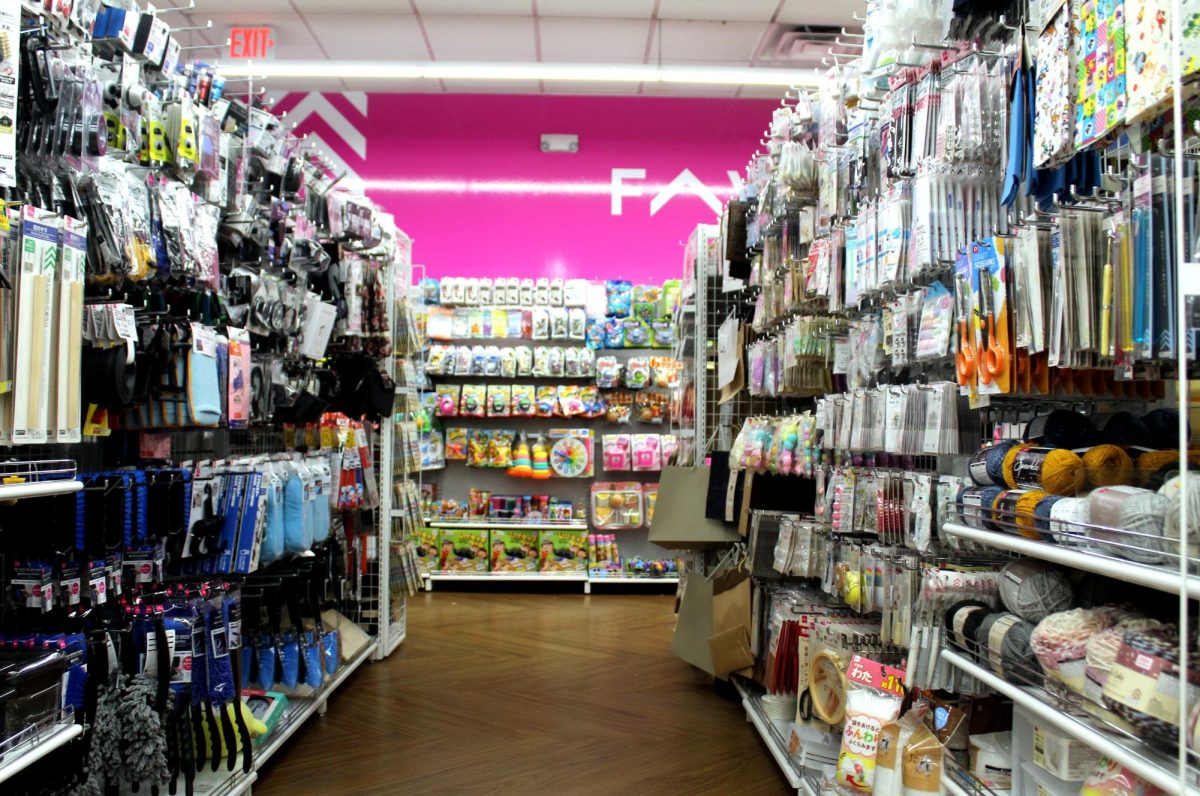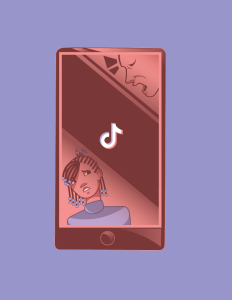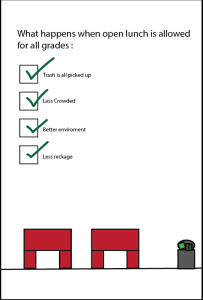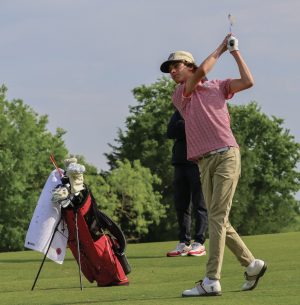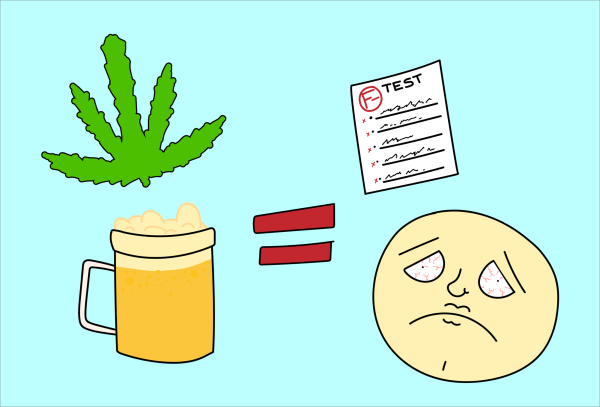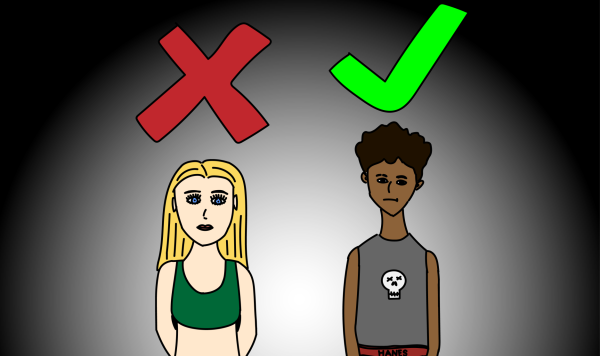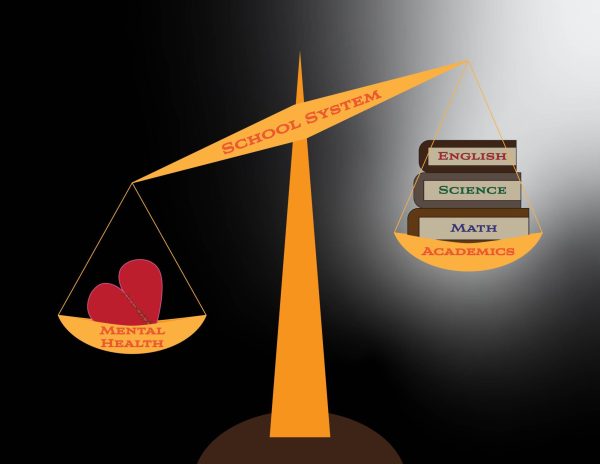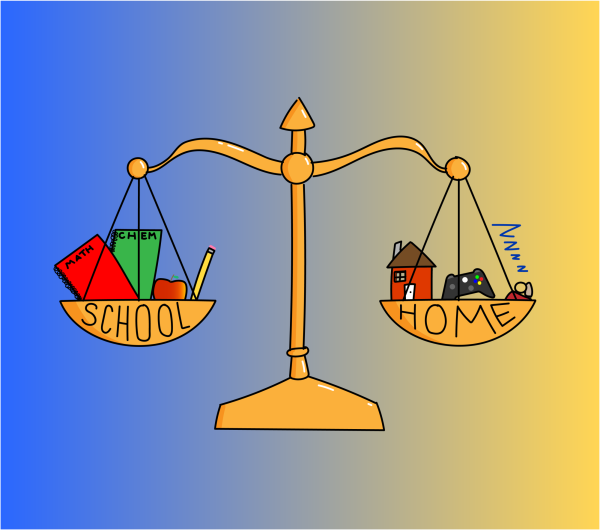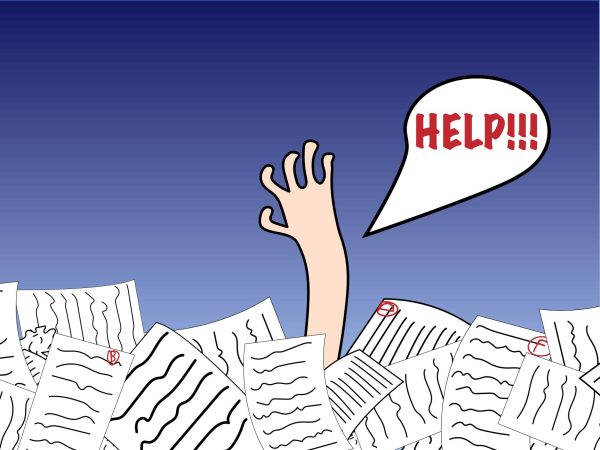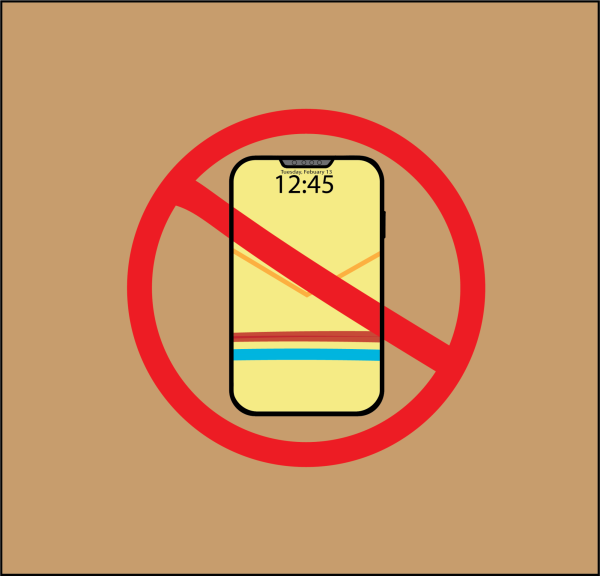Should masks be required in public?
February 25, 2021
COVID-19 is a respiratory disease, which means that it mainly spreads through respiratory droplets that are produced by an infected person when they cough, sneeze or talk. Masks and other face coverings are believed to be good at preventing the spread, but there’s conflict over whether or not masks should be required in public.
Because of the way this virus is transmitted, it’s important to wear masks in public, no matter the circumstances. Masks are protecting people from the virus, and those who refuse to wear them need to start taking things more seriously. Lives are at stake here.
Masks prevent the spread of respiratory droplets from reaching surfaces or other people, which means that they play a vital role in slowing the spread of the virus and saving lives. Many studies have been conducted to prove this theory, and each one found that masks significantly reduce the risk of respiratory viruses being emitted in droplets or aerosols.
According to the Centers for Disease Control and Prevention (CDC) the virus can be transmitted if an infected person’s droplets land in another person’s mouth or nose, and possibly if the droplets are inhaled into the lungs. It might also be spread through contact with a contaminated surface, especially if whatever made contact wasn’t washed before touching the nose, mouth, or eyes. Masks can prevent this problem.
Masks are meant to protect others if the wearer is unknowingly infected. Unfortunately, they don’t do anything to protect the wearer from catching the virus from others who aren’t wearing any face coverings. This means that, even if someone doesn’t care if they catch the virus or not, they will spread it to others who are concerned for their own health, and end up being the cause of someone else catching a case, and possibly dying.
It’s important to wear a mask even if there are no symptoms present. The early stages of the virus can be asymptomatic, which means that someone can have the virus yet feel just like they normally would. The symptoms of COVID-19 are fever, cough, and shortness of breath. Stay home if any of these are present in yourself or someone you live with.
Many people argue that masks don’t do anything to protect the wearer. This has been proven false with a recent study published in Health Affairs, which compares the rate at which people were infected with the virus before and after the masks mandates. It found that the daily spread of COVID-19 slowed down by 0.9% within the first five days of the mandate, and by 2% daily at three weeks.
People may also argue that they can’t wear masks because of pre-existing breathing problems. The Canadian Thoracic Society released a statement that debunked the claims that wearing a face mask can affect individuals with any type of lung condition. While some face coverings, like an N95 mask, can make it hard to breathe, most other masks were made to provide safety while making sure the user can breathe comfortably. According to the CDC, the only time someone is allowed to go mask-free for medical reasons is if they have a written excuse from a licensed medical provider.
The solution to this issue is just to wear a mask. It’s not that hard and it’s not expensive, so what’s preventing people from keeping themselves and others safe? Masks are (and have been) an important part of COVID-19 prevention and if you want quarantine to be over, masks are the first step to slowing the spread.
Wearing a mask in public places is something everyone should take part in. Not doing so is purposefully putting others at risk of catching a case.


